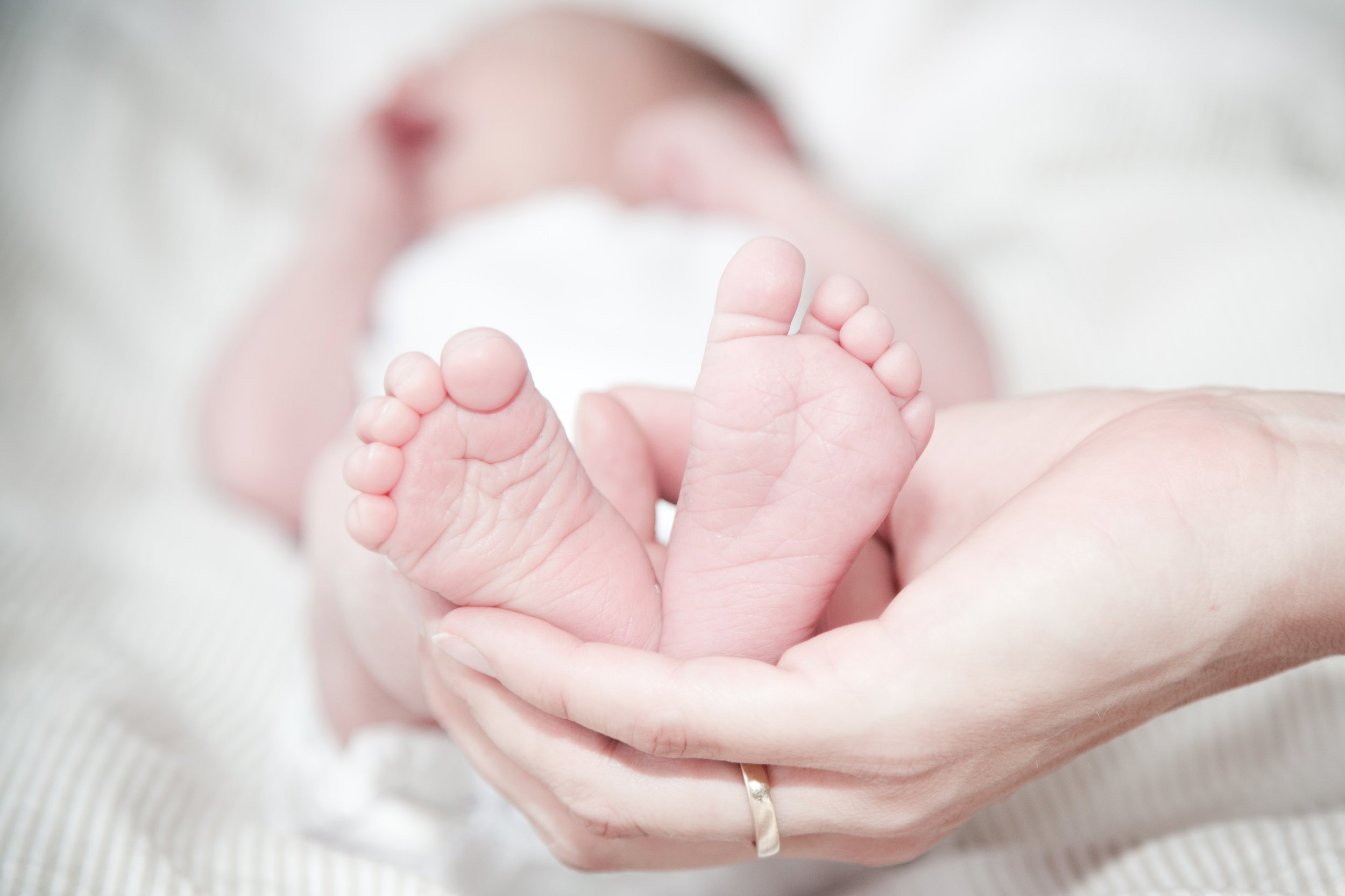Things were simple the day my daughter was born, at least at first.
As soon as she entered the world, I did my own assessment of her: ten fingers, ten toes, two eyes, a nose, and a weak cry. Everything seemed fine.
My husband and I were thrilled to be first time parents. We remarked on how “beautiful” and “perfect” she was. We joyfully called people to announce her arrival. We smiled in pictures.
For days and months later, I wanted to go back to that moment. I wanted to be that happy mother without a care in the world for just a few more minutes. Before the stress. Before the NICU. Before the words in the hospital that would change everything.
It was a doctor on her second day of life who thoroughly assessed our daughter for us: a crease across her palm, low muscle tone, extra skin by her neck, a flat nasal bridge, a heart murmur, and low set ears. He then gave predictions for my baby with Down syndrome: she’ll always be behind, she’ll never live independently, she’ll be “childlike” forever. His assessment was much different from mine. The tone was not joyous either. It was serious and sad. Suddenly, things didn’t seem perfect.
The conversation with that doctor set the course for the start of my daughter’s life. I viewed her from the perspective he gave me. She was behind from the beginning. Her body was full of imperfections that would affect her life forever. I shouldn’t expect an easy life with her. Because of that moment, I lost sight of what was important.
My daughter was the same baby on both days. Her chubby fingers, tiny toes, beautiful eyes, and button nose were the same. Nothing had changed except information. I was told she was something different from what I initially believed. I took in those words like they were the gospel, and that was a mistake.
I was blind-sided by her diagnosis of Down syndrome and heart defect and unprepared for the medical, developmental, mental, and spiritual struggles that would ensue with those words. I had difficulty seeing my daughter for the person that God created her to be. I was too focused on what she lacked and the solution that was needed (therapy to help her walk, surgery to fix her heart, technique to teach this, tool to help that).
I needed to see my daughter as I did when she was born. I needed to see her as the person that God had created. Her spirit was indeed perfect. Sure, she could benefit from supports and interventions, but she didn’t need to be viewed as only a person in need. Her life was more than that. I struggled to get back to seeing my child in the pureness of herself before her diagnoses came. Thankfully in 12 years, I have grown as a person and a mother.
Since that defining moment, I have had plenty of opportunities to keep a healthy perspective. When I receive news about my child, I know to stop, breathe, and remember WHO my child is. Information doesn’t really change anything about my child. Down deep, she remains the same.
I know my child’s beautiful soul well, and information doesn’t shake our unbreakable bond. I know there’s hope in our future because of God. It is God who helps me see my daughter for who she really is when others try to tell me differently. God’s opinion of us are so much higher than our own. He sees value and hope where others don’t.
Today, I’ll hold those same little fingers, lace up shoes for those feet and toes, clean the glasses for those two eyes, and kiss that little nose. My initial assessment of her was correct: Everything is fine.
Evana is a wife and mother of two children. Since becoming a parent, Evana has spent many hours driving to specialty appointments, praying beside a hospital bed, and learning about her children’s diagnoses. Evana is also a pediatric speech-language pathologist and serves children with autism, feeding disorders, and other developmental delays. You can connect with Evana on Twitter, Facebook, and her blog, A Special Purposed Life.



